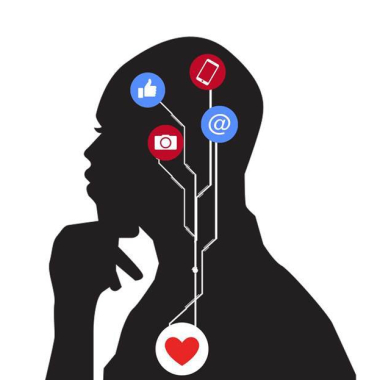By Piera Ramljak, University of Strathclyde psychology student
When it comes to the topic of sexual health, much information is learned either through our family, friends, our own initiative or not at all. This is often a topic that is not talked about openly and is rife with misconceptions and stereotypes. We will delve into these areas, in particular understanding how our own and others’ perceptions towards body image contribute to our sexual health.
Negative feelings about your body may lead to inability to be intimate with a partner
In healthy circumstances, when two people become intimate with each other, there is a basic assumption about mutual attraction. However, what happens when one of them doesn’t believe this? Research has shown that when one area of the sexual cycle is inhibited the rest shortly follows (Watson, 2018). When women start to develop negative perceptions about their bodies or believe their partner does, they will often experience lower sexual self-esteem, which may lead to avoiding sex (Watson, 2018). Other stages of the sexual cycle – arousal and orgasm – may also be affected, says the article by Watson.
On the flip side of that, a study of heterosexual couples has revealed that a better body image was related to partners perceiving their relationships more positively, including having greater sexual satisfaction (van den Brink, 2018). This finding was the same for both female and male partners, which shows the importance of body image for sexual satisfaction for both genders.

How cancer and its treatments may affect body image and sexuality
How people feel about their bodies naturally changes through their lives. When women become pregnant, age or develop breast cancer or when men age or lose their hair, body image will often suffer as a result. The connection between breast cancer and poor body image is especially true for younger women.
A systematic review has shown that women under 50 had significantly worse body image than older women, which was related to sexual problems (Paterson, 2016). The majority (80%) of younger breast cancer survivors between 34 and 49 years old reported covering their body for aesthetic purposes while being intimate with a partner and they also placed more importance on their breasts as symbols of sexuality and femininity (Paterson, 2016).
Younger survivors are generally diagnosed with more aggressive breast cancers, which may require more invasive surgeries. Thus, they face greater risks for poorer body image afterwards.
What can we do to help ourselves?
Here are some important tips from MashableUK to try out when body image is affecting your sex life or your sexual health:
Find out where your body image issues stem from
- Identify with your ‘inner critic’
- Discover what makes the ‘ideal body’ so perfect
Remember that all bodies are attractive
- You are the only one with your body, so treat it like it deserves to be treated
- Remind yourself that your body tells a story
Follow people that look like you
- Who do you follow on social media?
- Think about the bodies you see when you scroll through your phone? Are they realistic?
- Follow those that have attainable standards- remember everybody photoshops these days!
Practice mindful sex
- Try to focus your attention on pleasurable physical sensations
- Think about your breathing and how your partner makes you feel, not what you look like
